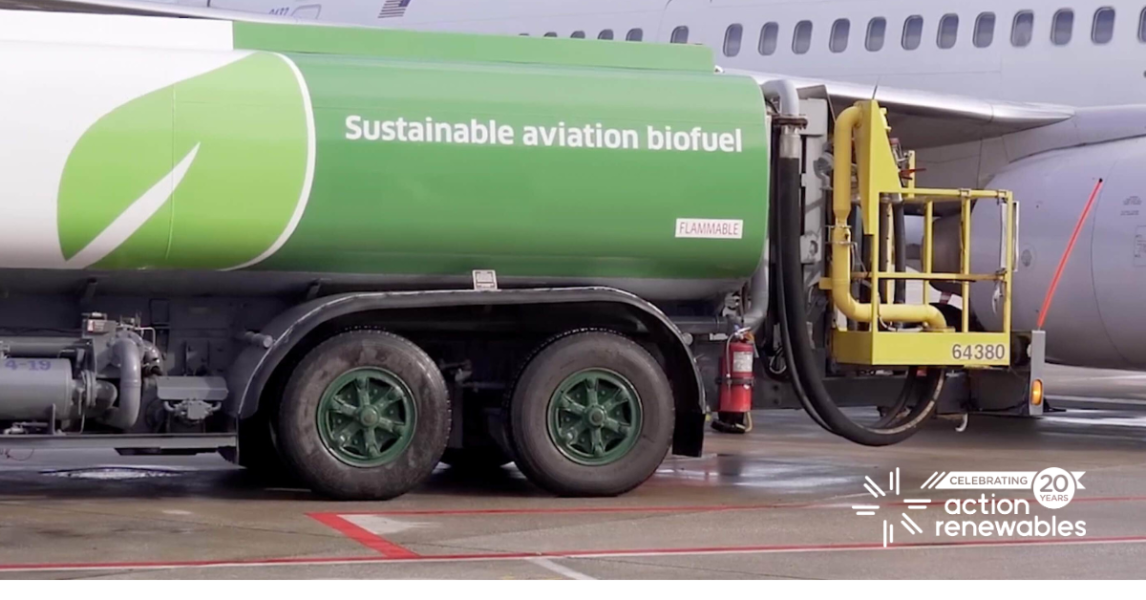Virgin Atlantic has released the flight data for its pioneering transatlantic test flight using entirely Sustainable Aviation Fuel (SAF). Conducted on the 28th November 2023, a Virgin Atlantic Boeing 787 flight, dubbed Flight100, flew from London Heathrow to New York JFK, traversing the 3,543 mile trip powered only using sustainable aviation fuel.
SAF is an alternative fuel, made from waste materials such as cooking and vegetable oils, animal fats, and food scraps. This feedstock is pretreated and goes through further refining (see our blog post of SAF for further information) and is then mixed into conventional aviation fuel. The resulting aviation fuel has significantly reduced emissions that its traditional counterpart.
This is exciting news for eco-conscious aviation fans, the flight showed a reduction in emissions for CO2 of 95 tonnes. This is equivalent to the emissions produced by 54 cars over the course of a year. This results in improving air quality, and in addition an overall reduction in CO2 there is also a reduction in the non-CO2 particulates of 40%.
In aviation, fuel efficiency is an extremely important metric for an aircraft’s performance and to the surprise of many, the SAF was 1% more efficient! While this may not at first seem important let’s look at this in context a bit closer to home.
The top 5 destinations for flights departing from Belfast International Airport are Manchester, London Stansted, Gatwick, Edinburgh, and Liverpool. Based on flight times it is estimated that to service these routes in 2023, approximately 57,880,000kg of fuel is needed. A 1% reduction in fuel consumption would save 578,800kg of fuel per year! This is enough fuel to keep an Airbus A320 Neo flying continuously for 241 hours.
While we should note that this was merely a test flight, it marks the passing of a milestone, like the Spirit of St. Louis, it will hopefully be the beginning of things to come!
We should not be remise in forgetting to mention, that SAF does still have an impact on the environment and that, if possible, you should avoid travelling by plane, for example, if you are flying abroad to attend a work conference, consider using less environmentally harmful methods such as ferry and train to get to your destination. Or better still, attend virtually.
Author: Declan Ross


